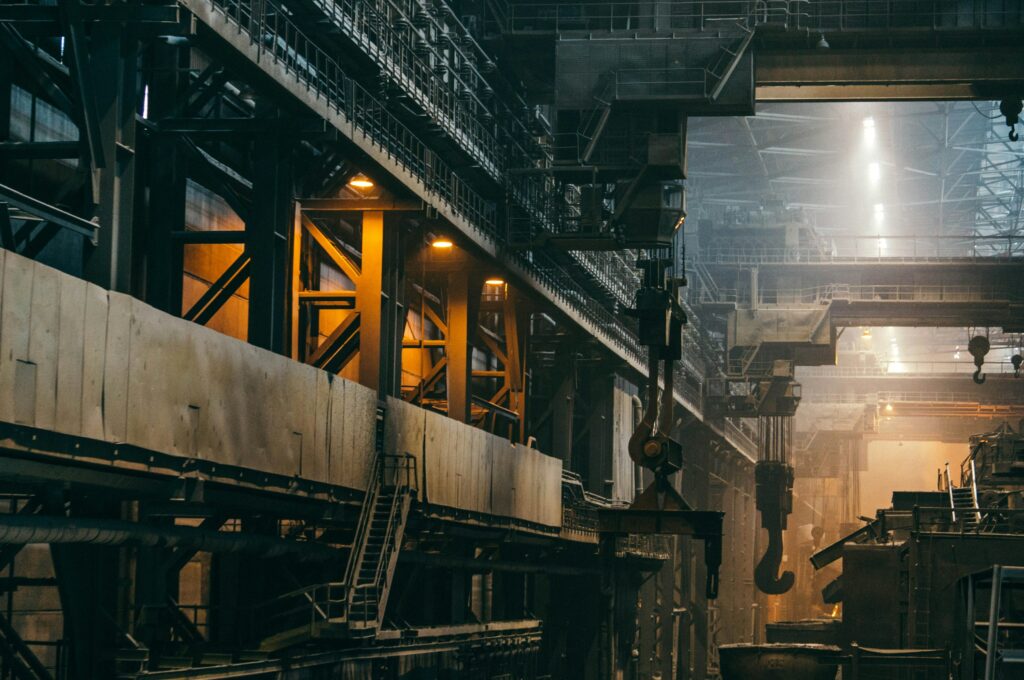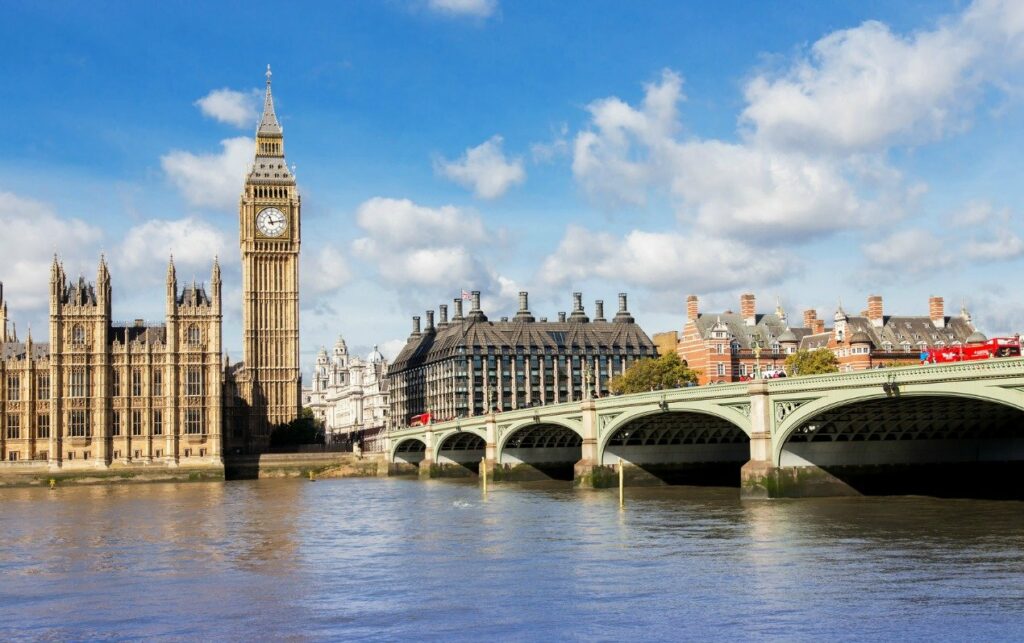With the British and European economies in disarray, a phrase that we remind you means people are going to suffer and even die because of a deliberately created energy shortage to combat an imaginary weather apocalypse, people in Canada are soberly opining that our best answer to greenhouse gases is to shut them down while preserving our fossil fuel industry. And while it’s bad enough to pretend that, say, getting rid of reliable energy wouldn’t cause an energy crisis, and worse to pretend it isn’t now causing Britain to have one, it’s positively feeble-minded to say Canada can get rid of it and keep it at once. When you read a story that starts “Canada and its energy industry have nothing to apologize for but the country can’t shirk its responsibilities in tackling climate change, Ottawa’s ambassador to the United Nations told a Banff business conference Thursday” you sink your head in your hands and wonder whether there can really be no adults in the room.
In case you had forgotten, the ambassador in question is Bob Rae, a man with a spectacular capacity for failing upwards. And for making sonorous nonsense sound like wisdom. For instance, that story says, “With more frequent extreme weather, massive wildfires and natural disasters that scientists are increasingly able to link to climate change, calls to more quickly curb oil and gas production have grown louder. The UN’s own report released last month through the IPCC paints a dire picture of the gathering threat of climate change, calling the situation ‘code red for humanity’.” Except the report didn’t say that, UN Secretary-General Antonio Guterres did. But Rae either doesn’t know or is happy to pile on, as the article notes, before quoting him as saying that “The oil and gas industry is going to continue to play a role in Canada and the world — the challenge is making it cleaner.”
Cleaner? In case Rae hasn’t noticed, the Code Red crowd don’t want it cleaner, they want it gone. So if you’re going to embrace their goal while trying to keep the industry alive what exactly is the plan? Well, you know, this and that. “‘The process of change and transformation is going to be a very public process — there’s going to be no place to hide,’ said Rae, agreeing that the country’s energy sector has made considerable progress.” And he added that our goal of reducing 2005 emissions by 40 percent or more within what is now about eight years would “be painful and difficult.” How painful and difficult? Well, you know, somewhat.
The story then said “Embracing Rae’s measured message was former Suncor CEO Steve Williams, who said there should be an ‘urgency but not craziness about it.’ The full transition away from carbon-based energy would take decades, he said, noting that ‘global national security remains heavily dependent on fossil fuels.’” To steal a line from the Long Johns, no sum is too high to pay for that kind of wisdom.
The refusal to admit the existence of tradeoffs almost makes us prefer people who say a bad choice is good over those who deny the necessity of choice at all.
Consider Parker Gallant’s critique of the Canadian Renewable Energy Association for believing that deliberately destroying the energy foundation of our civilization, far from being “particularly invasive” to our having anything, will “yield up to $4.5 trillion in economic benefits to 2030.” Why? Because people like the IEA want some $13 trillion in spending on unicorn power by that date. “One should suspect the $13 trillion will come from the pockets of those who ‘will own nothing’!” he warns. And we say yes, certainly not by the time they’ve paid for all that. But our future really seems to be in the hands of people who believe if we get rid of our money, vast quantities will fall from the sky so there are no hard choices.
By contrast, Gwyn Morgan in the Financial Post argues that if you want to do something about climate change without causing a disaster more harmful and immediate than any plausible scenario involving global warming, you’d certainly support transitioning from coal to natural gas at least in the short run. As he says, “Clearly, building wind and solar farms that could replace the 84 per cent of global energy currently supplied by fossil fuels is technically impossible and would be very damaging to the environment. Moreover, the colossal costs of trying to do it would drive electricity prices to what for most people would be ruinous levels.”
We often encounter comments on our social media channels claiming climate change is a hoax by shadowy globalists aiming to impoverish, enslave or depopulate the planet. We delete them as part of our absolute ban on conspiracy theories, occasionally after sending a note to the author beseeching them to practice better mental hygiene for their own sake. But we do admit that it is understandable that people should be tempted into forbidden territory by the sheer obtuseness of people who just won’t see and concede such obvious points. It feels as though they must be up to something, when in fact they are not up to facing reality and have withdrawn into their own fantasy world.
Which for some of them, of course, is also a land of conspiracies; as Morgan observes about an earlier column making a similar point “Those incapable of disputing the facts often resort to personal attacks. In this case, I was accused of writing a ‘propaganda piece for the fossil fuel industry.’” It’s wearisome and discouraging. But those of us who can understand cause and effect, and tradeoffs, need to keep our eye on the ball and off our own navels.
There are other ways of retreating into fantasy and depicting it as maturity. For instance, an article in the Regina Leader-Post said that the Canadian election was a climate policy non-event because things would just keep going in the direction they already are. But what if that direction points to a British-style disaster? “’The industry has gone through the stages of mourning and now we’re in the acceptance phase,’ said Eric Nuttall, a senior portfolio manager with Ninepoint Partners, an investor in Canadian energy companies.” OK. But acceptance of what? After mourning it’s usually not acceptance that the person didn’t really die, now is it?
Thus a perceptive item by Martin Pelletier in the Financial Post started “Markets seem to be calling the election of another minority Canadian government a non-event, but investors should be quite worried that there will be a profound impact on our way of life if we continue on our existing trajectory…” and adds that “It’s extremely disappointing that a large part of Canada is not yet willing to recognize our rapidly deteriorating financial position.” His lament continues with “climate-change policy is overriding concerns about the recent rise of the coronavirus variant and rocketing daily living expenses.” So once again the thing very visible under our noses is being ignored for the one we imagine is lurking over the horizon. Or, as he puts it, “We also expect central bankers undertaking MMT to continue telling us that there is no actual inflation or cost-of-living problem at all, which works great as long as we keep drinking the Kool-Aid (without looking at the price of it, of course).”
Look, people. When the heat goes off, the food spoils and the hospital refrigerator fails, as they are all now doing in Britain, it will be impossible to pretend any longer. What sort of person would insist on keeping it up until that point?



Oh, good, the old CDN point of proving it's a freaking conspiracy (like your excellent video on the Great Reset as a Chinese Trojan Horse), then denying conspiracies altogether. As in: thousands of people are daily tried for crimes of conspiracy, yet conspiracies aren't real.
Okay, then.
When, in my former career, I found myself seated across a negotiating table from "shadowy globalists aiming to impoverish, enslave or depopulate the planet", including Order of Canada recipients, and one could easily add a former central banker, "conspiracy theory" becomes more accurately an actual "conspiracy" (of true believers).
But you have to admit, the past year or so has been a good year for conspiracy theories: two weeks to flatten the curve would become two years; the virus was released in a lab leak; jails for travelers were being planned; vaccine passports simply aren't Canadian... All of these things were dismissed as "conspiracy theories" yet came to pass, and came to pass very quickly.
Whilst I dont believe that a deeply closeted cat stroking Dr. Evil is controlling 'The Grand Scheme to Enslave & Empoverish The Planet' we could say that Dr. Klaus Schwab is doing a marvellous imitation! Lol